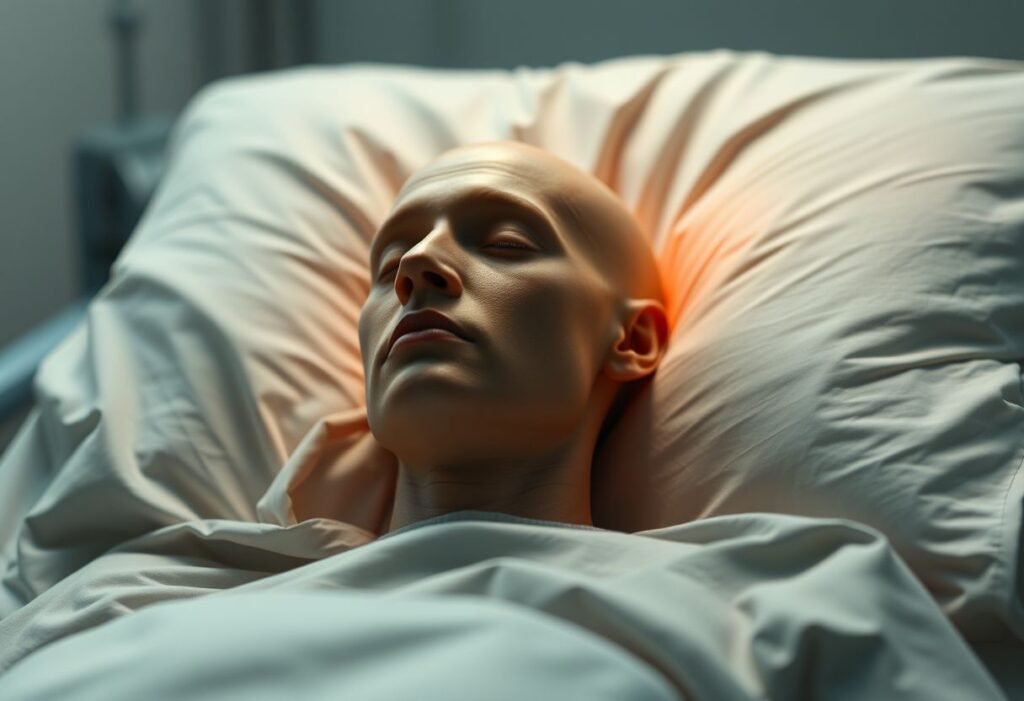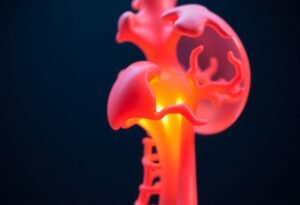The concept of hidden consciousness in unresponsive patients presents a significant breakthrough in our understanding of brain activity and awareness. This emerging research indicates that even if these patients do not exhibit typical responses to stimuli, they may possess a level of awareness that remains undetected through conventional assessments.
Unveiling Hidden Consciousness
Recent developments in neuroimaging technology have enabled researchers to explore the intricate workings of the unconscious mind. A study found that up to 25% of patients classified as unresponsive may have hidden levels of consciousness, revealing a potential connection between severe brain injuries and preserved cognitive faculties. Implementing techniques such as functional MRI (fMRI) and electroencephalography (EEG), scientists observed distinct patterns of activity resembling responses to auditory stimuli, suggesting that these individuals could be processing information on a subconscious level.
The Significance of Brain Scans
The application of advanced brain imaging techniques has revolutionized the way we approach diagnoses in patients suspected of being in a coma or a vegetative state. fMRI and EEG technologies are now critical tools in identifying neural responses that would otherwise remain unnoticed. These brain scans not only enhance our understanding of conscious awareness in these patients but also open new avenues for therapeutic interventions. Understanding the nuances of their consciousness might allow healthcare providers to offer tailored therapies aimed at improving patient outcomes.
Insights from Neuroscience Research
Neuroscience continues to reveal the complexities of the human brain and its functions. Current studies are shedding light on how hidden consciousness may persist despite severe brain damage. Research teams, including those from prestigious institutions like Columbia University, are at the forefront of this exploration, analyzing how specific regions of the brain can remain active even when external signs of awareness are absent. This line of inquiry may redefine diagnostic criteria and care approaches for patients suffering from critical brain injuries.
Ethical Considerations in Patient Care
The discovery of hidden consciousness raises profound ethical questions for medical professionals. If patients retain some level of awareness, how should healthcare providers approach their care plans? This new understanding challenges traditional views on end-of-life decisions, patient autonomy, and consent. Establishing protocols that respect the dignity of these individuals while ensuring appropriate care paths becomes paramount, fostering discussions on ethics in medical practices regarding unresponsive patients.
Implications for Family and Caregivers
The revelation that some unresponsive patients may still process external stimuli has significant implications for families and caregivers. Many loved ones often grapple with feelings of helplessness or frustration when a relative is seemingly absent. Now, understanding that a segment of these patients might experience hidden consciousness provides a sense of hope and encourages families to engage through communication and emotional support. It emphasizes the importance of maintaining connection through familiar voices and interactions, as these may contribute positively to the patient’s experience.
Future Directions in Research
The field of neuroscience is evolving rapidly, and further research is essential to fully grasp the implications of hidden consciousness in unresponsive patients. Future studies will focus on refining imaging techniques and exploring the dimensions of consciousness to develop new assessment tools. As we uncover the intricacies of consciousness in the human brain, we find ourselves on the brink of potentially transformative approaches to neurorehabilitation and patient care, heralding a new era in understanding what it truly means to be aware.
Disclaimer: This content is for informational purposes only and should not be considered a substitute for professional medical advice. Consult a qualified healthcare provider for specific guidance regarding health issues.





















